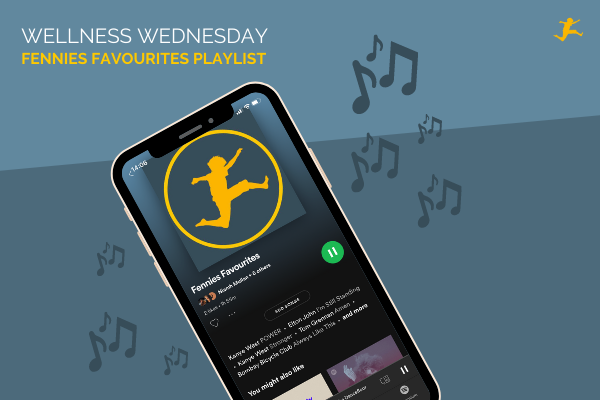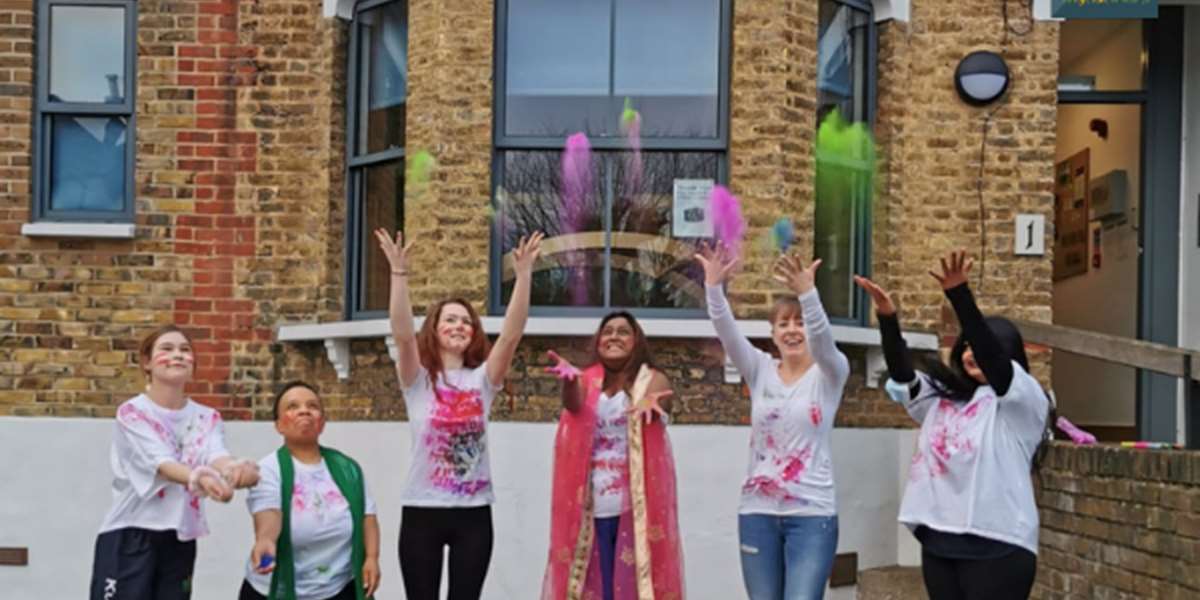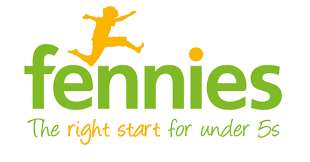by Kirstie Davis
Working in early years can be one of the most rewarding careers, but it can also be one of the most demanding. Throughout the day, practitioners are required to be constantly alert and reactive in order to provide the highest standard of care possible.
Although this is all part of the job, it’s important that management teams recognise the impact this may have on their staff’s mental and physical health and carefully consider how they can best support their team's overall wellbeing.
Wellbeing starts with staff
The practitioner's passion and enthusiasm is at the heart of every nursery. We constantly refer to the importance of children’s health and wellbeing, but this usually begins with the staff who are caring for them. Therefore, a positive mental outlook is key for nursery practitioners so that they can become aware of mental health changes in children.
Over the last year nursery practitioners have worked through a global pandemic, a time that’s been extremely difficult for everyone, especially for those who’ve been required to work on the frontline. Staff have had to adapt their daily work lives with little or no preparation to continue providing essential care for the children in their nurseries. Therefore, it’s more important than ever to ensure their own wellbeing is prioritised.
At Fennies, we gave our staff ways to manage their own mental health and provided external support and counselling options for those that required this. We were able to support the children by ensuring any concerns from staff around the pandemic were not projected onto them. This meant we were able to maintain a calm and nurturing environment across all our nurseries.

Strengthening the Connection
Over the last year, our lives have revolved around tiers, virtual catchups, and social distancing. But we’ve also had to keep our eyes out for regular government announcements and changes in guidance. It was a priority that our staff were kept up to date with all the latest news and early years guidelines, so we launched weekly wellbeing webinars. The webinars were hosted by me and our internal early years trainer Jamie Atkins, and we were able to deliver updates from local authorities and the government that affected our staff.
Staff were able to ask questions during these webinars, publicly or privately, which meant they were able to share their thoughts in a safe and friendly environment. It was great to be able to provide staff with information that may have affected their daily work routines, knowing it was from a valued source.
During this time, we shared relevant news articles or helpful resources relating to Covid or the early years sector, offer wellbeing tips, and give shout-outs to people across the whole company.
As H. Collins at Fennies Epsom puts it: “The weekly webinars allow us to hear regular updates from senior members of staff. It’s especially helpful to my colleagues who are isolating as they can keep up to date with weekly news and developments.
“I enjoy hearing Kirstie and Jamie speak so passionately about procedures that are being put in place as they are reassuring and compassionate about the situation. This is a safe space where we can privately message the group to ask any questions we may have. These webinars support our wellbeing and mental health by bringing everyone together and keep in touch during this uncertain time.”
We also launched an email hotline for staff. This allowed them to send any questions or concerns they may have at any time of the day. It was important that staff felt as though they were able to reach out and be provided with reassurance privately if this is something they wished to do.
Supporting isolating staff
Staff who live alone, or had to isolate by themselves, faced the possibility of experiencing feelings of loneliness and detachment. To combat this, we researched the best ways to support wellbeing and mental health and cascaded this into our daily practices. Once we were aware that we were going to have bubbles of staff isolating for periods of time, we wanted to make sure that they had someone familiar to speak to on a regular basis. We started with daily calls with internal trainer Jamie Atkins, which always began with a focus on their wellbeing and how they’re feeling.
Staff were also given suggestions about what they could do to stay physically active during the day including going for a walk and sharing virtual workout recommendations. This created a positive and friendly space where people from different nursery settings created bonds with one another. We had teaching ideas, recipes and recommendations being sent between people who had just met.
“A standout moment for me was when I asked people to share something meaningful to them,” says Atkins. “We had people speaking openly about the sentimental meaning behind a prayer mat, a religious book of inspirational quotes and a family cooking pot.”We added an extra interactive element by introducing a project for people to research and present. This was self-selected, allowing staff to choose a subject that they were passionate about. These topics included leadership in the early years, environmental issues, health and nutrition courses, supporting strategies for when children bite and Makaton. They were asked to create an activity and experience cards that they could take back and use in their nursery, creating a great bank of ideas and enhancing professional development and growth even whilst they were away from their nursery.
Over time, these calls have evolved to meeting with some of those staff on long term isolation, talking about returning to work, and giving advice on how they can manage that transition back after a long time away.
Positive thinking
Maintaining a positive mental attitude has been a challenge for many over the last 12 months, so we took steps to try and make this easier for our staff. We carefully researched additional ways to boost staff’s mindset and launched Monday Mantras and Wellness Wednesdays through our dedicated staff app.
It has been scientifically proven that positive thinking can improve self-esteem, mental health, and confidence so every Monday we share a motivating mantra with staff. They are encouraged to repeat the positive message to themselves and think of areas in their lives they may need to incorporate this, whether this be in their work or home lives for a little beginning-of-the-week boost!
Alongside this, we also share a Wellness Wednesdays post, which includes wellness tips for a midweek pick-me-up. This can range from calming podcasts, uplifting playlists, and recipe recommendations as suggestions for our staff to switch off after a busy day.



Happy staff, happy nursery
It’s important to recognise that early years staff could never have predicted they would ever have to work on the frontline during a global pandemic. Throughout the sector, I have seen practitioners quickly adapt how they work because of this. Whilst we admire their resilience, we must consider the impact this could be having on their wellbeing and implement ways to support them.



